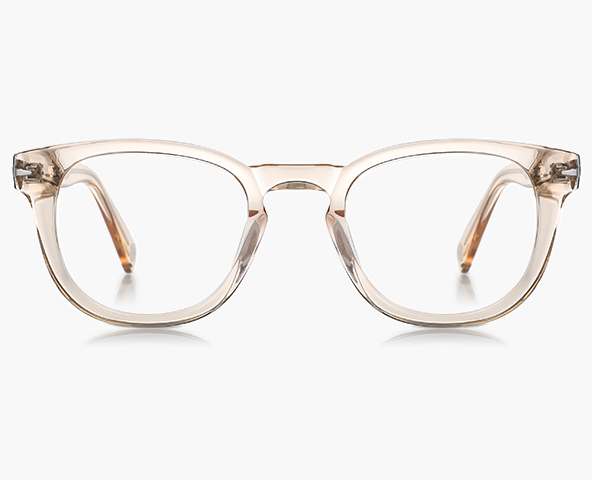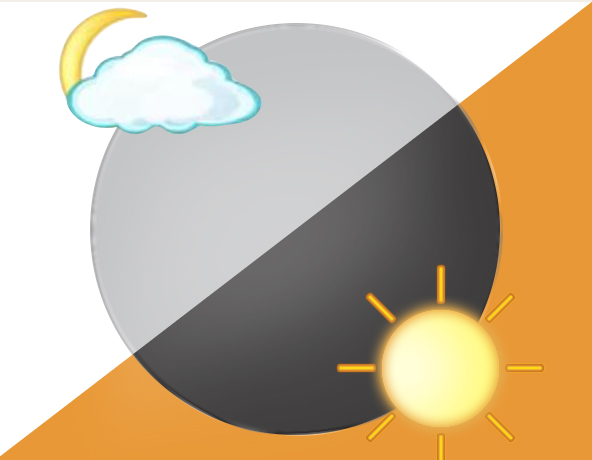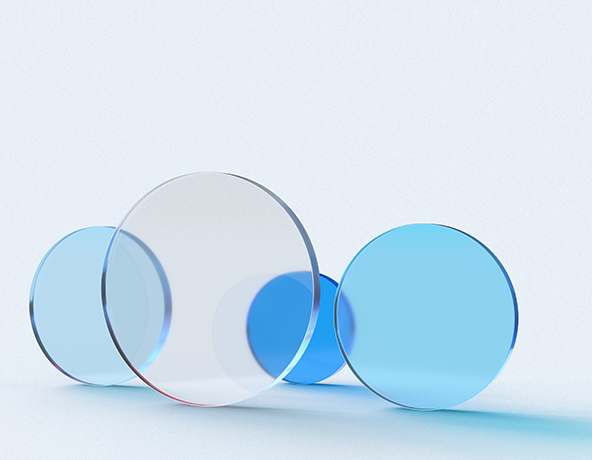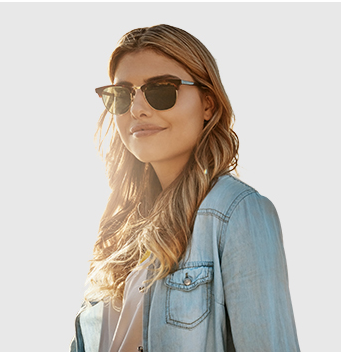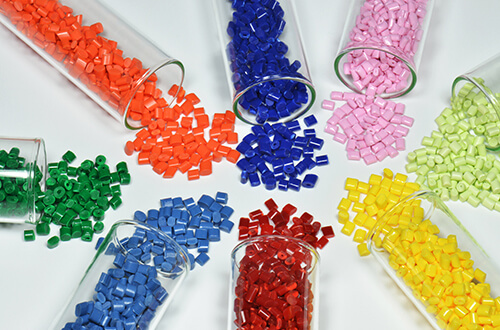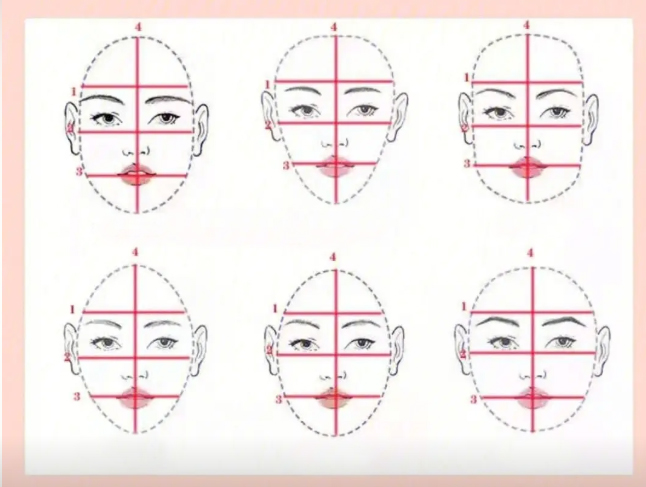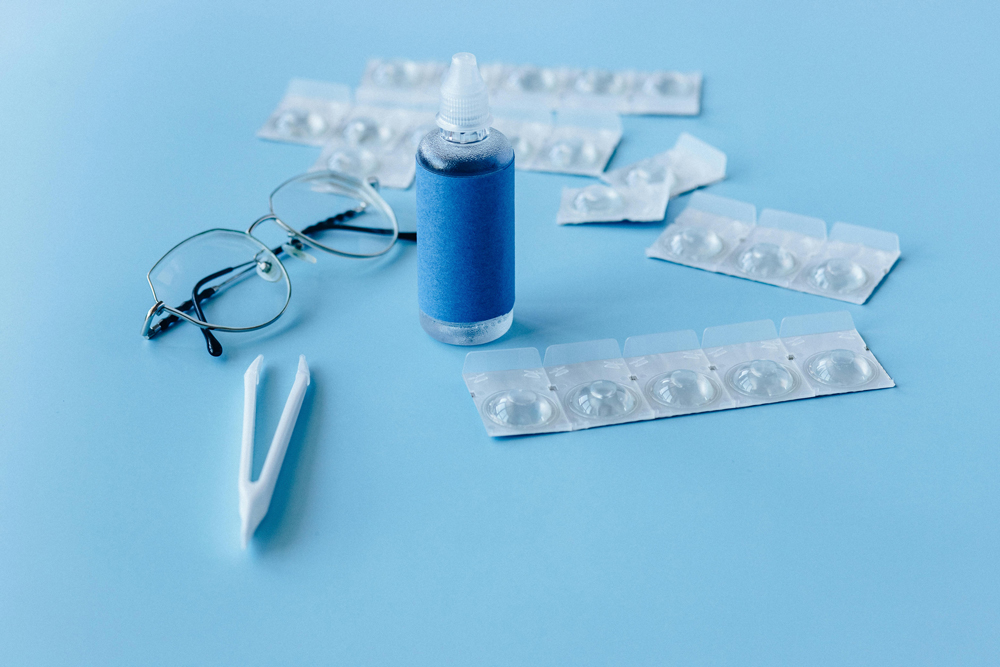In the realm of vision, the Abbe number is a crucial but often overlooked factor. While terms like diopter and lens thickness may be more familiar, the seemingly obscure Abbe number actually plays a significant role in determining the quality and visual performance of eyeglass lenses. This article explains what the Abbe number is and how to choose the right eyeglasses based on its size.
Definition of the Abbe Number
The Abbe number is a measure of a transparent medium's dispersive power. It reflects how much different wavelengths of light are dispersed as they pass through the lens. A higher Abbe number means lower dispersion of the lens and a clearer visual effect.
Importance of the Abbe Number
Low Abbe number lenses can affect your ability to judge the shape and color of objects, strain your eyes, and trigger headaches. In contrast, high Abbe number lenses maintain color purity and provide clearer, more natural vision.
Abbe Number above 50: The human eye has an Abbe number of 58.6.When the Abbe number reaches this threshold, what you see is most like what you see with the naked eye.
Abbe Number40-49: Glasses with an Abbe number in this range provide stable imaging and better visual results.
Abbe Number36-39: Abbe numbers below 30 may cause largely indistinguishable differences compared to the human eye.
Abbe Numbers 31-35: There is a slight effect on visual clarity, resulting in an average visual effect.
Abbe Numbers below 30: It can cause a noticeable visual difference and may lead to visual fatigue.
How to Choose Lenses by Virtue of Abbe Number?
There are several factors to consider when choosing the right lenses:
Diopter Number:Different lenses require different Abbe numbers for different diopters. Generally speaking, the diopter is directly proportional to the Abbe number. And the higher the Abbe number, the better the visual effect.
Lens Material:Different lens materials will affect the Abbe number. For example, resin lenses generally have a higher Abbe number than glass lenses.
Lens Function:Different lens functions affect the Abbe number. For example, anti-blue light lenses have relatively low Abbe numbers.
Individual Needs:Individual requirements for visual quality will also affect the choice of lenses. If you are engaged in photography, painting, and other professions that require fine visual judgment, you can choose lenses with higher Abbe numbers.
Relying on your Abbe number can help you choose the right lenses, but the choice of frames is just as important. So, why don't you find out more about the beautiful frames offered by Eyecedar! Here you are free to mix and match the style of eyewear you want.



